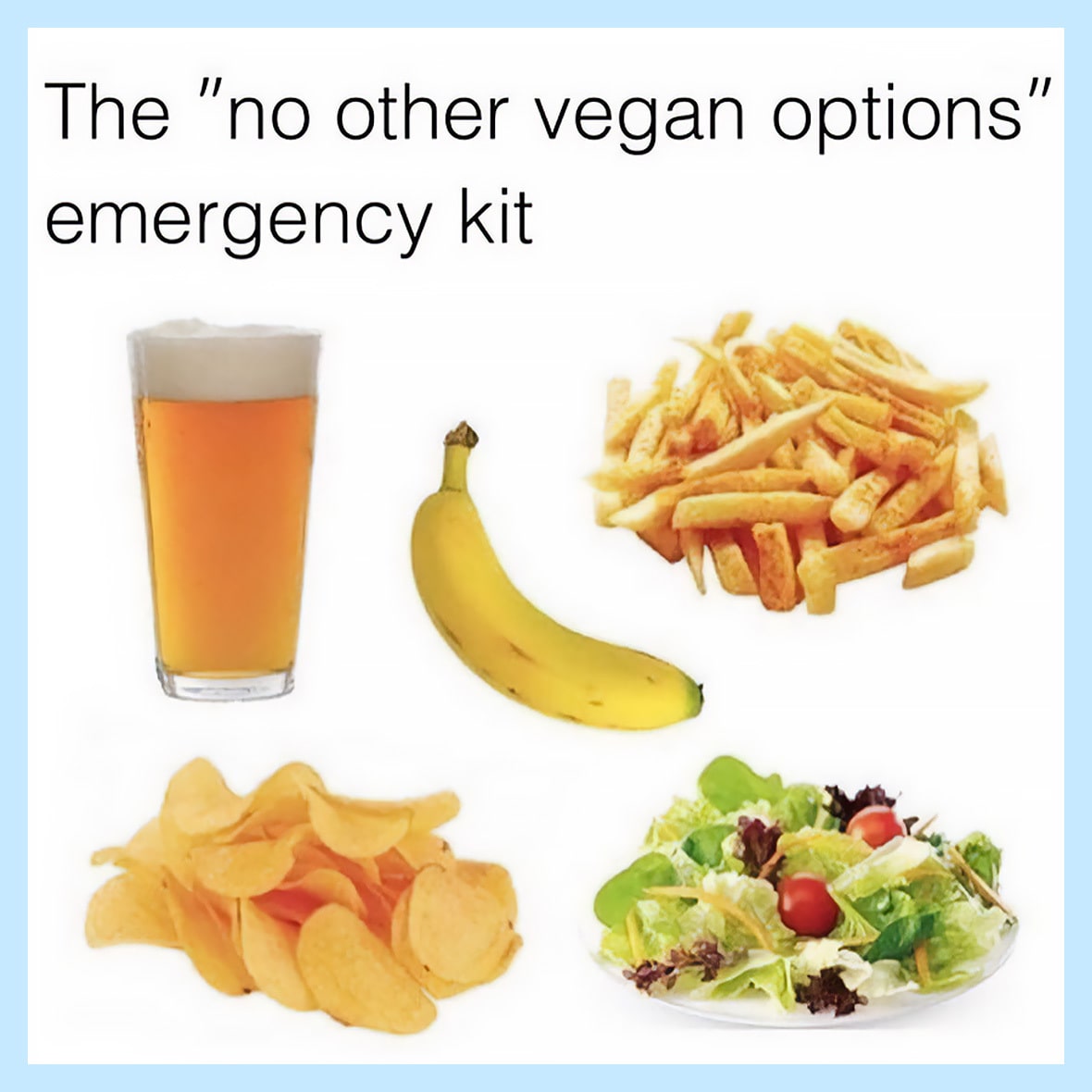Is Protein Powder Vegetarian-Friendly? A Full Guide
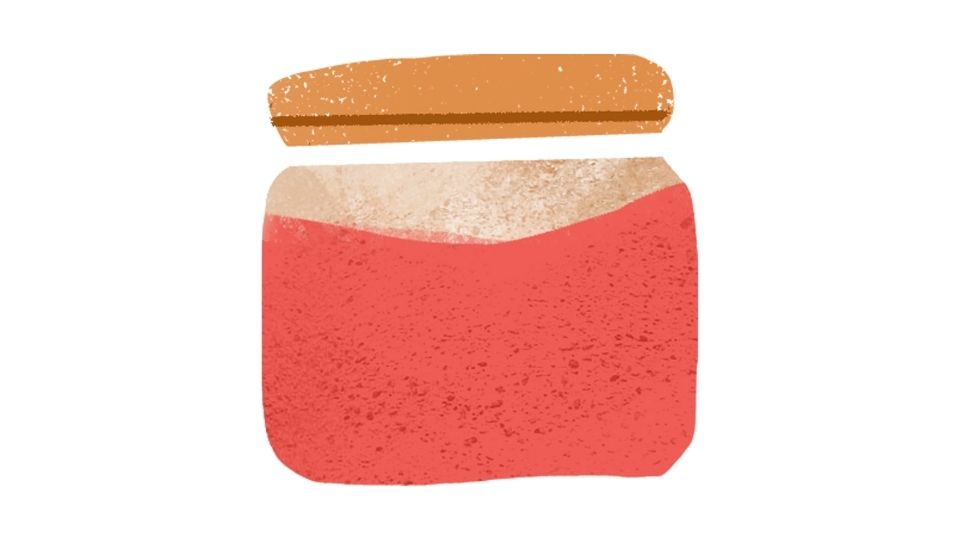
Think you’re missing out on protein gains because you’re vegetarian? Think again!
Protein powders aren’t just for the meat-eating gym bros – there are tons of options for vegetarians looking to boost their protein intake.
Whether you’re trying to build muscle, recover faster, or just make sure you’re getting enough protein in your plant-based lifestyle, understanding which protein powders work for vegetarians is crucial.
Let’s break down the protein powder aisle and figure out what works for your veggie lifestyle (without the confusion).
Vegetarian Protein Powders: What Works and What Doesn’t
Skip ahead if you want:
- Plant-based protein powders
- Animal-derived but still vegetarian options
- The complete protein debate
- My top recommendations
Plant-Based Protein Powders (100% Vegetarian-Friendly)
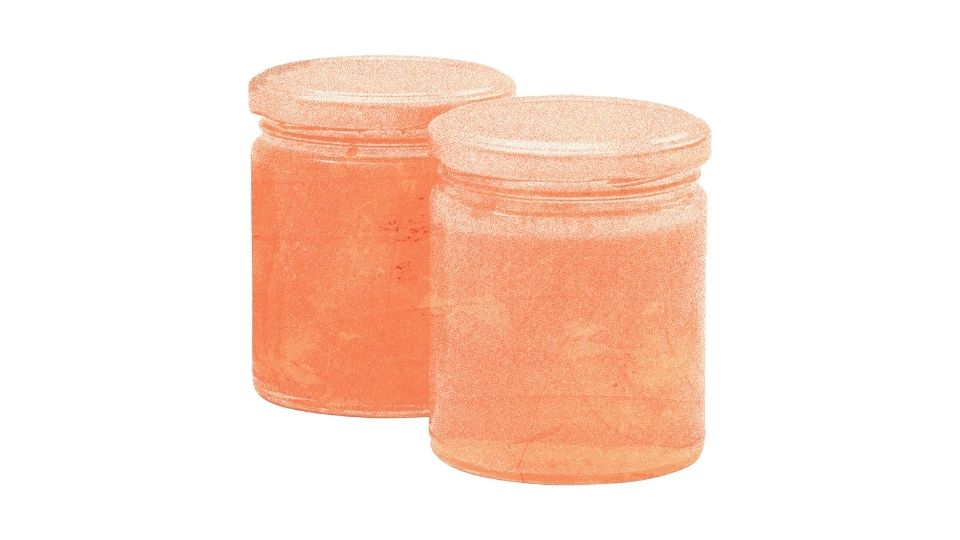
These are the no-brainer options for vegetarians (and vegans too). They come entirely from plants, so zero animal products involved:
Soy Protein – The OG of plant proteins. It’s a complete protein (meaning it has all nine essential amino acids) and usually the cheapest option. Some people worry about the phytoestrogens, but most research shows it’s safe for most people. I personally rotate soy with other options just to be safe.
Pea Protein – My personal favorite! Made from yellow split peas, it’s super digestible and doesn’t cause the gas and bloating some people get from whey. It’s nearly complete protein-wise and mixes well into smoothies without that sandy texture some plant proteins have.
Hemp Protein – The hippie cousin of protein powders. It’s got protein plus fiber and omega-3s. The downside? It tastes like you’re drinking liquid grass clippings unless it’s heavily flavored. Not my go-to, but some people love it.
Rice Protein – Hypoallergenic and gentle on stomachs, but not a complete protein on its own. That’s why you’ll often see it combined with pea protein in blends.
Other Plant Options include:
- Pumpkin seed protein (nutrient-dense but incomplete)
- Chia seed protein (omega-rich but low protein content)
- Quinoa protein (complete but expensive)
- Spirulina (not really a protein powder, more of a superfood add-in)
Animal-Derived But Still Vegetarian Options
Surprise! Some animal-derived proteins are still vegetarian (but not vegan):
Whey Protein – This comes from cow’s milk during cheese production, so no animals are killed to make it. It’s a complete protein and probably the most researched protein powder for muscle building. It’s vegetarian but definitely not vegan.
Casein Protein – Also from milk, but digests slower than whey. Great for overnight recovery or if you want a protein that releases gradually. Again, vegetarian but not vegan.
Egg White Protein – Exactly what it sounds like – protein isolated from egg whites. No chickens harmed, so it’s vegetarian-approved, but obviously not vegan.
Watch out for sneaky ingredients! Some protein powders might contain gelatin (from animal collagen) or other non-vegetarian additives. Always check the label if you’re strict about your vegetarianism.
The Complete Protein Debate: Do Plant Proteins Measure Up?
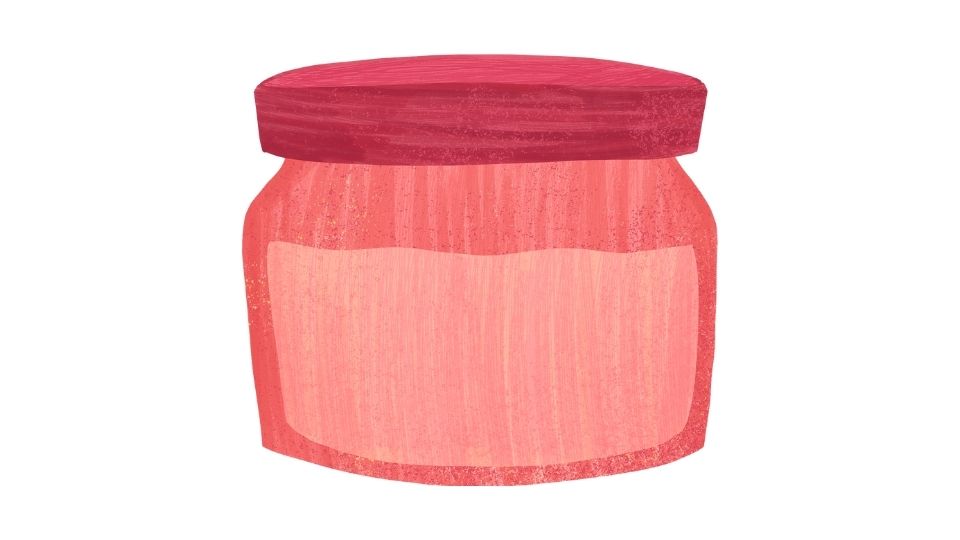
You might have heard that plant proteins are “incomplete” compared to animal proteins. Let’s set the record straight:
What makes a complete protein?
A complete protein contains all nine essential amino acids that your body can’t make on its own.
The truth about plant proteins:
- Soy is naturally complete
- Pea protein is nearly complete (just a bit low in methionine)
- Most other plant proteins are missing one or more essential amino acids
But here’s the thing: you don’t need to obsess about complete proteins at every meal. Research shows that as long as you eat varied protein sources throughout the day, your body gets all the amino acids it needs.
That’s why many vegetarian protein powders combine multiple plant sources – like pea + rice or hemp + pea – to create a complete amino acid profile.
My Top Vegetarian Protein Powder Recommendations
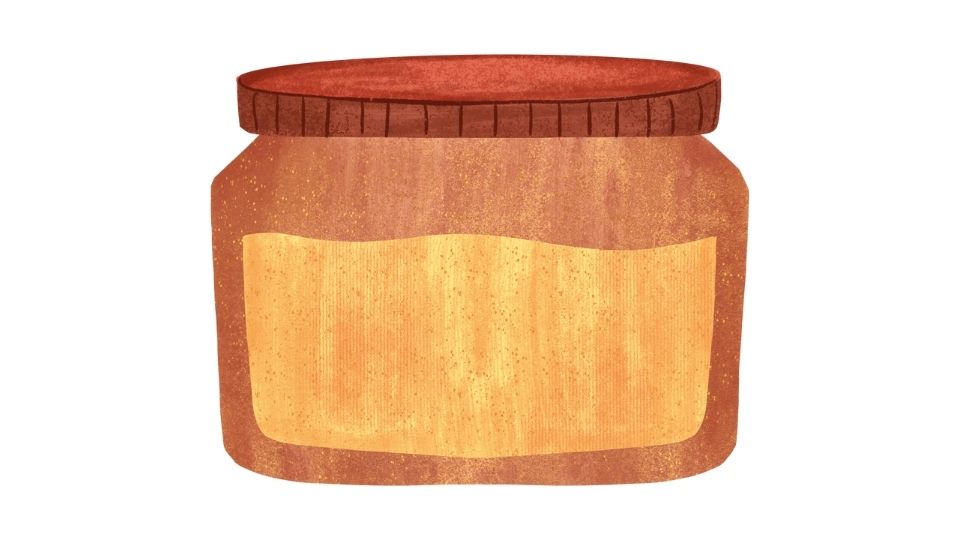
After trying pretty much every protein powder on the market (my wallet cries thinking about it), here are my personal favorites for vegetarians:
For Best Overall: A pea protein blend. They taste good, mix well, and have a complete amino acid profile. Brands like Vega or Orgain make great options.
For Budget-Conscious: Plain soy protein isolate. It’s complete and usually the cheapest per gram of protein. Just make sure to get one without tons of added sugar.
For Sensitive Stomachs: Rice + pea blends are usually the most digestible. Or if you can do dairy, a high-quality whey isolate (which has most of the lactose removed).
For Muscle Building: Either a good whey protein if you consume dairy, or a pea protein blend if you don’t. Both have been shown in studies to support muscle growth when combined with resistance training.
The Bottom Line on Vegetarian Protein Powders
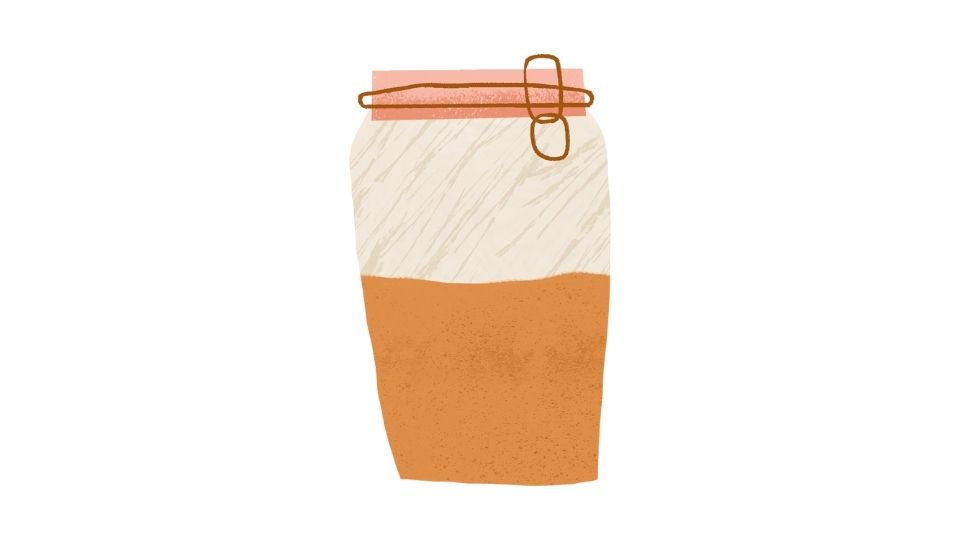
Yes, protein powder can absolutely be vegetarian! You’ve got options ranging from completely plant-based to animal-derived but cruelty-free choices like whey and egg white protein.
The best choice depends on your specific vegetarian style, any allergies or sensitivities, and your fitness goals. Don’t be afraid to experiment until you find one that works for your body and taste preferences.
Remember, protein powder is just a supplement – the foundation of a healthy vegetarian diet should always be whole foods. But for those busy days or when you’re trying to hit specific protein targets, these powders can be a lifesaver.
And the next time someone asks “but where do you get your protein?” while eyeing your vegetarian meal, you can smugly sip your protein shake and smile.

